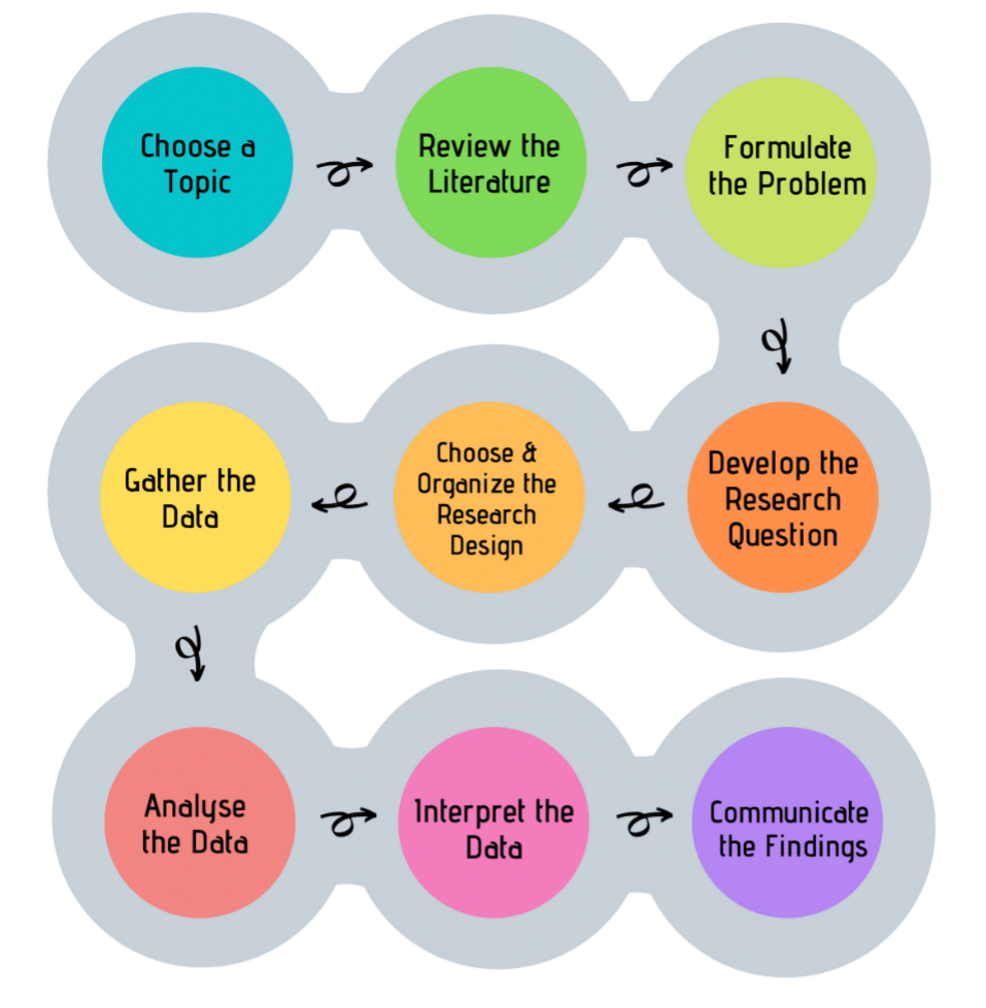
IMCEERES Digital Programme Guide
Overview of the MA Thesis
The MA thesis aims to enable students to identify and research particular issues or problems at a deeper level than is possible within assessed essays and to develop a critical analysis of the existing body of academic work relating to their topic of choice. The MA thesis also aims to prepare students for further research, study, or professional careers through the development of their skills in data collection and analysis, use of original sources, and the conducting and writing up of a detailed research project.
Students will benefit from the specialised knowledge and supervision of staff in areas where they have made a particular research contribution and gain a knowledge of Central and East European, Russian, and Eurasian Studies in both its empirical and theoretical aspects. Students will also have the opportunity to conduct the MA thesis research on the Central and Eastern Europe, Western Balkans, Russian, Caucasus, or Central Asian regions.
Field-specific skills
- Identify a topic and develop it into realistic programme of research with a clear study focus;
- Formulate a research puzzle/problem and research questions;
- Collect, select, and review existing scholarship on the topic and relevant theoretical literature;
- Demonstrate an understanding of social science methodology by selecting an appropriate research design and methodology for carrying out the data collection and analysis;
- Identify and gather research data (e.g., from original language sources, interviews, media, participant observation, archives, government reports, surveys, questionnaires);
- Organise the data collected and analyse findings using an appropriate methodology (content analysis, discourse analysis, quantitative analysis);
Transferrable skills
- Write up an original research report, present research methodology and findings/results to academic and professional audience;
- Be self-critical about your findings and the limitations of your analysis.
- Independently formulate research puzzles, objectives, and questions, reason them, and select appropriate theoretical approaches and methodologies;
- Independently search for appropriate empirical data and theoretical sources and use them in their research;
- Apply research methodologies in a purposeful way, based on the principles of academic ethics;
- Present their research findings in a systematic and comprehensible way, in accordance with the previous discussion of the work;
- Base their assessments and conclusions on the research results; in the analysis, they should argue and conclude in a clear and logical manner;
- Build the research logically, forming a coherent whole;
- Format the research paper according to the thesis requirements;
- Explain and defend the results of their research and answer questions related to the research in front of the defence committee
Year 1
- Choose a topic
- Preliminary review of the literature
- Formulate the research problem
- Develop the research question(s)
- Start thinking about the research methods and research design (including applying for ethical approval, if necessary)
Year 2
- In-depth review of literature
- Choose and organise research design
- Gather the data
- Analyse the data
- Interpret the data
- Communicate the findings (including writing up the thesis and preparation for the oral defence)

Source: Valeria Sheppard (2020). Research Methods for the Social Sciences: An Introduction. British Columbia/Yukon Open Authoring Platform.



